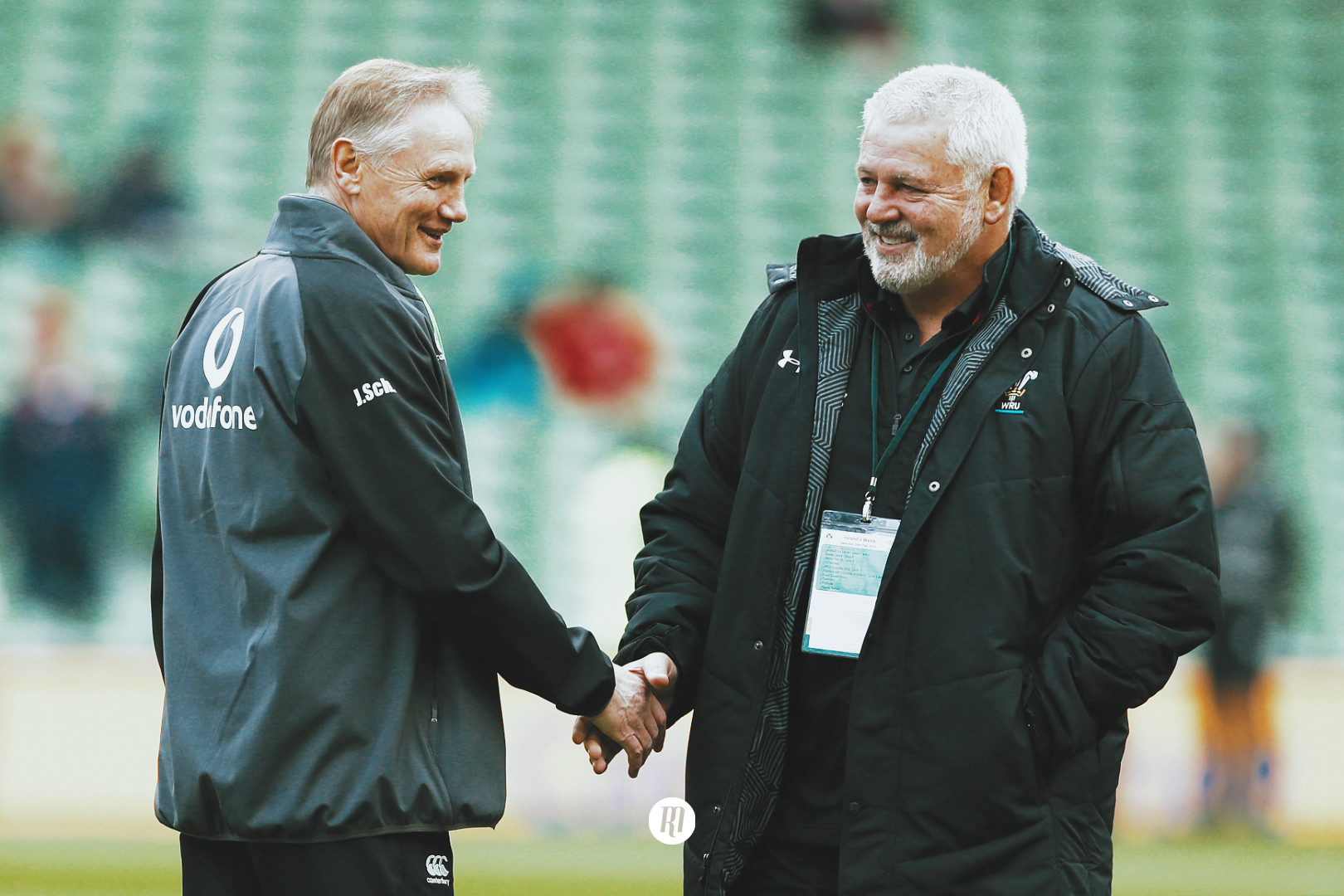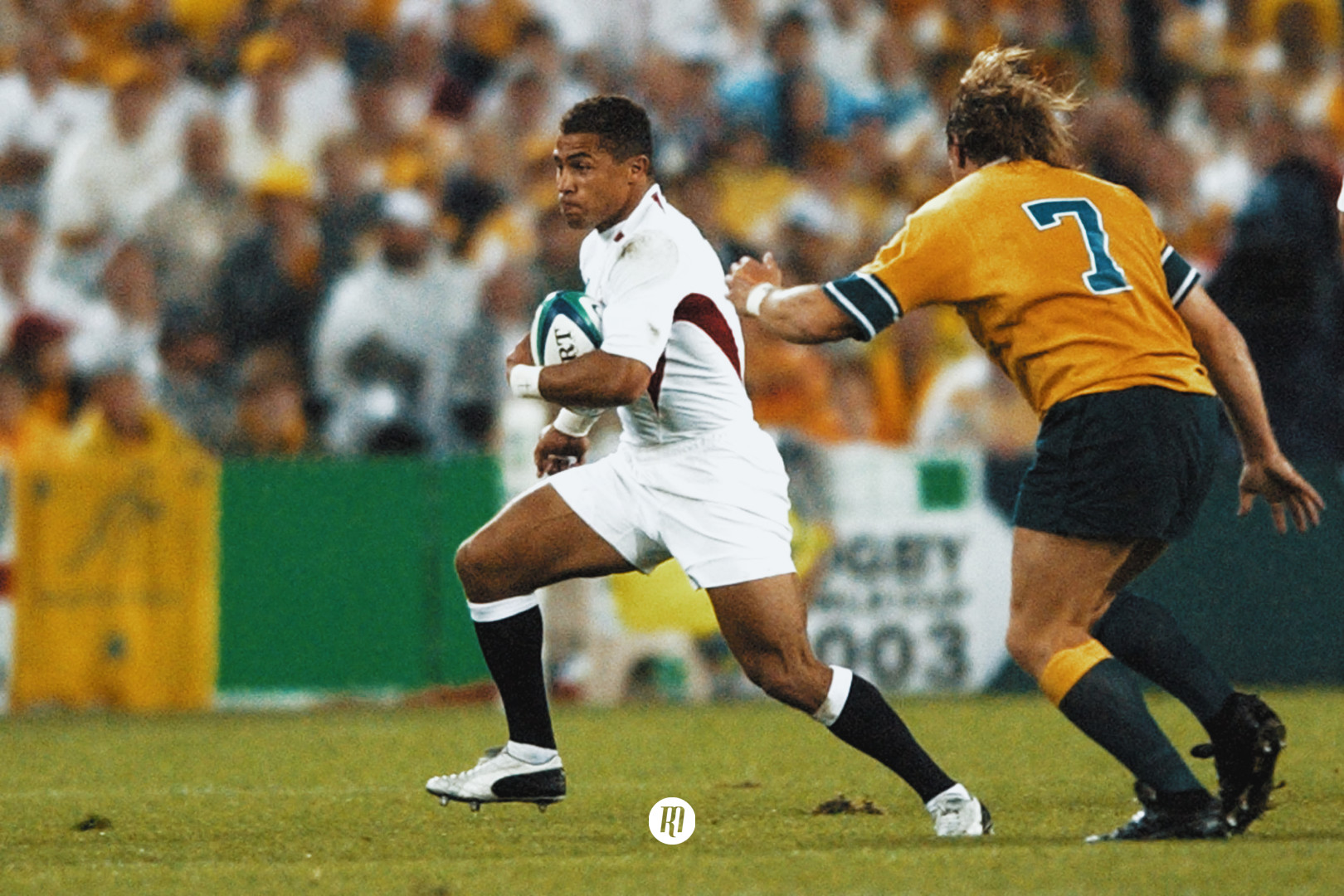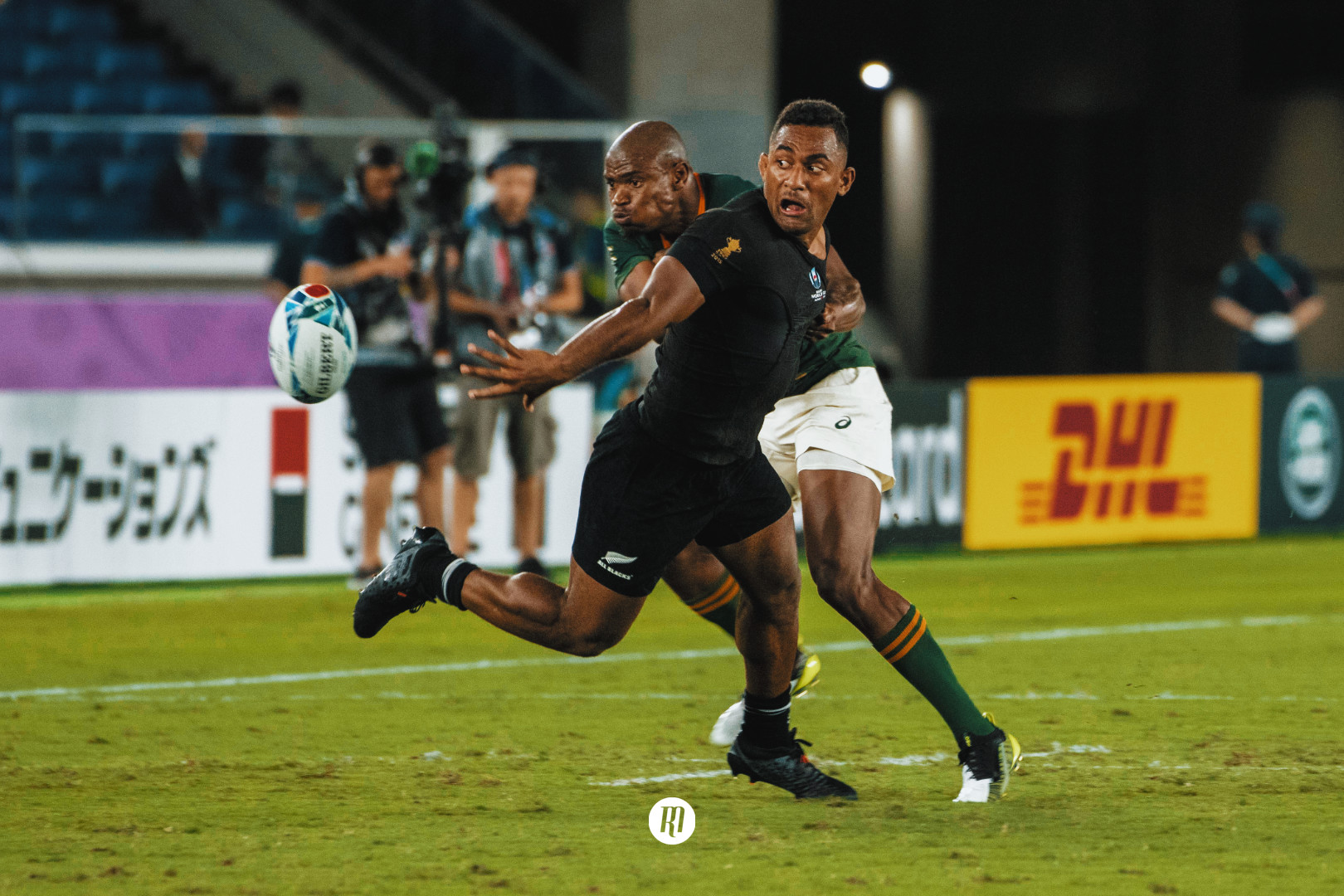Match Analysis: Bledisloe Two - New Zealand v Australia
Australia faced a mountain going into this fixture, and despite what could have been a quite acceptable performance against any other side, found themselves on the end of an unflattering scoreline.
The odds were firmly stacked against Australia going into this fixture; New Zealand last lost at Eden Park in 1994, Australia last won at Eden Park in 1986, the last time Australia beat the All Blacks in New Zealand was 2001, and the last time Australia held the Bledisloe Cup was 15 years ago.
That said, there were positives from their opening Bledisloe fixture, and it was perhaps concentration and fitness that let them down. Jack Maddocks crashed over for a debug try as the Wallabies looked tidy in attack. There would need to be improvement in their set piece if they were to retain any sort of control on the fixture though.
New Zealand had come away from the fixture with a mixture of relief and disappointment. An uncharacteristically high amount of turnovers and possession lost had stifled their progress, though they did turn it around after a slow start. With the odds firmly in their favour going into this fixture, an intriguing contest awaited.
Execution
The opening of the fixture was scrappy, with dropped balls and line out steals aplenty. Indeed, line outs turned out to be a sticking point for both sides throughout, but during these opening phases little seemed to stick.
It wasn’t until the twelfth minute that the deadlock was broken, when Ben Smith challenged and won a high ball. The play opened up to the left through Jordie Barrett and Waisake Naholo before coming back in field. A superb line from Beauden Barrett caught Kurtley Beale out of position and he crashed over for the try.
New Zealand showed great patience in the build up to the try, and this was certainly something that shone through throughout the course of the game; you could see there was a belief that the All Blacks would score, and so they didn’t press needlessly; Australia on the other hand felt tentative, as if every opportunity might be their last.
By the twenty minute mark however, the Wallabies began to gain some hold on the game. A clever chip over the top from Beale on half way found Marika Koroibete, who made good ground. They looked set to score had Aaron Smith not intercepted, but he lost the ball as he hit the ground and the Australians continued on through their forwards despite numbers wide on the right.
A penalty comes in front of the sticks, and they opt for the scrum. Dangerous territory for the All Blacks, but they have proven time and time again that this is an area in which they can deliver a demoralising push.
After several further penalties and scrum options, one sticks, and some manoeuvring behind the scrum from Kurtley Beale raises enough question marks of the defence, that Will Genia is able to sneak over.
The scores sit tied at seven each as the clock moves towards half time.
Transition Phases
It wouldn’t last for long though.
Despite Australia playing with a very high and precise tempo, and largely looking incisive, it only took a knock on from Kurtley Beale for the game to change on its head.
The All Blacks are renowned for their ability to play into a broken field, but their ability to transition from defence to attack is absolutely second to none. Their structure in defence is such that once the ball is turned over, they can work the ball quickly into the wide channels and punish teams in the area of the field they are weakest.
So it was in the moment that Kurtley Beale knocked the ball on; New Zealand went the length of the field, and Beauden Barrett had his second try of the game.
The psychological effect of scoring so close to half time is huge, but if their try at the end of the first half hadn’t nullified the Wallabies, their score two minutes into the second certainly did.
The teams appeared to be evenly matched in the physical battle, with neither side able to use strength to any great advantage. Indeed, it appeared that both teams were keen to move the ball away from the point of contact throughout the first half. As the second half kicked off however, the All Blacks kept the ball tight and ground their way up through the middle, eventually being rewarded with a try from Joe Moody.
Six minutes later they would do the same again, with Liam Squire crashing over this time.
It was clear there was a shift in mental focus between the two sides as a result of New Zealand’s try before half time, and with the score sitting at twenty-eight points to seven by fifty minutes, it looked unlikely that Australia would be able to get back into the game.
They tried though, but despite their best efforts, the All Blacks continued to punish them when the ball was turned over; it might have been a greater margin had Jordie Barrett’s try in the corner from another turnover had not been disallowed for a foot in touch.
There was a glimmer of hope for Australia on the fifty-four minute mark however. Bernard Foley broke free of Aaron Smith’s tackle and a soft pass to Reece Hodge who had drifted to his inside brought a score.
Twenty-eight points to twelve with twenty minutes to go.
Fatigue
The glimmer was blacked out five minutes later though, as the mercurial Beauden Barrett punished an extremely sporadic defensive line, scything through on the half way line before powering between two defenders for his first hat-trick in test rugby.
Tiredness in the Australian team was certainly apparent throughout the course of the first fixture between these sides, and it became more obvious as this game progressed too; players were missing tackles and being unable to persist with their defensive line speed left large spaces into which New Zealand’s runners could attack.
All of the above was characterised in the All Black’s final try. From another turnover in their own twenty-two, the ball found its way to Damien MacKenzie, and from there, New Zealand did what they do best. Beauden Barrett dropped over the line in the right hand corner for his fourth try, the first time a New Zealand player had scored that many against Australia.
Despite there being ten minutes remaining, the game by this point was well and truly beyond Australia, but they kept fighting, though to no avail; the final score, forty points to twelve.
The scoreline perhaps doesn’t reflect the contribution from Australia on the game through, they were at times both exciting and incisive in attack, and managed to contain the All Blacks when in defence.
The key difference fell in the transition phases however, with Australia finding themselves in defensive disarray when they lost the ball; New Zealand conversely defended ready to attack, and punished Australia decisively in this area.

Filed under:
Rugby Championship, Match Analysis, Australia, New Zealand
Written by: Edward Kerr
Follow: @edwardrkerr · @therugbymag




